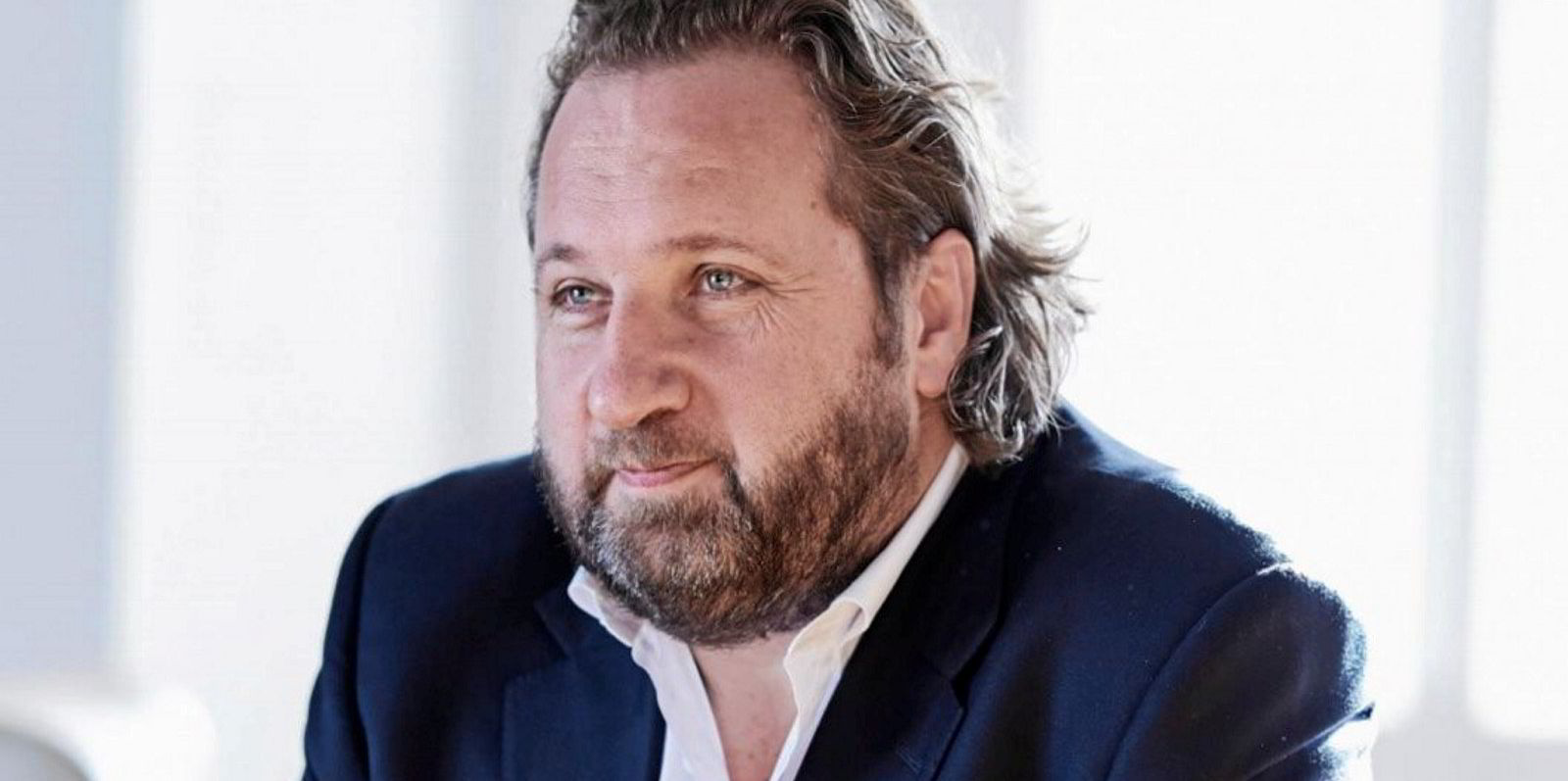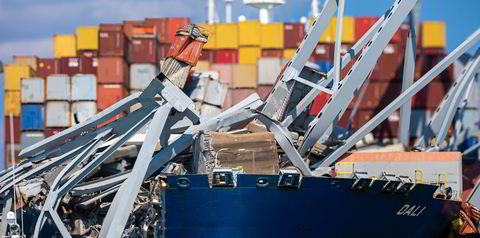Clarksons chief executive Andi Case is the man tasked with making the largest shipbroking group even bigger in a world that is growing ever more complicated.
The London-listed group booked a record interim profit for the first six months of 2022. Case sees the result as the fruits of a strategy to diversify into all markets, as well as the improving rate environment for most major shipping sectors.
“Every area in which we function had a positive story, as normally you get an element of yin and yang. In this six-month period, all markets were positive to where they were in the same period last year,” he told TradeWinds.
Clarksons’ improving profits have made the group cash-rich, with £102.5m ($124m) of free cash on its balance sheet on 30 June.
Some of this cash is already making its way back into the hands of its shareholders through ever-bigger dividends.
The shipbroking sector is ripe for consolidation and most major shops have communicated that they are on an acquisition mission. Clarksons is no different— but not only within the broking space.
“We’re looking at different aspects across not just shipbroking, but across the financial group, across the support group and the research group and, within that, also the technology group, which is under Maritech,” Case said.
“All areas of the business are in focus right now. We’re looking to grow on all fronts, to be honest with you.”
Clarksons’ chief financial officer, Jeff Woyda, is heavily involved with Maritech, the technology arm of the group, which centres on its digital platform Sea/.
“That business is certainly seeing higher volumes going through it and more focus on the value-add that technology can bring to the equation,” Woyda told TradeWinds.
“You should see more and more happening over the next six, 12 and 18 months, both in terms of product release, in terms of client adoption, in terms of people that we have in the business and what we’re doing.”
Maritech posted a loss of £1m for 2021, compared with a £231,000 loss in 2020. Revenue was £347,000, up year on year by £25,000.
Case, one of the world’s top sale-and-purchase brokers, said the S&P space will continue to be “interesting”.
Clarksons’ shipbroking division was the star of the show, helping the overall group achieve its highest-ever interim profit.
It booked underlying profit before tax of £42.2m ($51m), with earnings per share of 98.9p.
This is up from £27.5m in the same period last year, when it booked 64p earnings per share.
Profit from Clarksons’ broking division totalled £47m for the first six months, rising by 55% compared with the same period in 2021.
The group declared an interim dividend of 29p per share, up by 2p from a year earlier. Its regular dividends have increased for 20 consecutive years.
“You’re seeing a very strong rate environment and you’re starting to see period rates reflect some greater degree of confidence in certain markets,” he added.
“We have been very busy in the ordering of green-transition vessels — 61% of the orderbook ordered this year were dual-fuel vessels.”
But there are not enough ships to meet demand, which will be complicated by new regulations.
“Fundamentally, I believe in the dynamics of the market. Fundamentally, despite this short-term anomaly of the Covid impact on supply and demand, I still believe demand is growing,” Case said.
But we have a real problem in the world in terms of supply of ships: “You’re going through a green transition, you’re going through environmental pressure to the supply of ships and you’ve got shipyards that are facing cost hikes, so ships aren’t getting any cheaper. And people still have a slight indigestion and indecision about what to order.”
Then there are phenomena such as the rush to order container ships in previous years, which has reduced capacity at shipyards for building other vessel types.
The implications for fleet supply mean there is a positive outlook for most shipping sectors. But this cycle is different because of the much greater scrutiny of older ships in the existing fleet.
“That hasn’t always happened. When you get a good market, that fleet’s been able to continue [trading], whereas now we’re looking at [the] potential of significant impact on to the older fleet, speeds and, if they can perform, what speeds they are allowed to perform,” Case said.
But although the world is short on ships, rising interest rates could affect deals.
“There is still a question now around finance and cost. So when you’re looking at these markets and what is the model that people are using, you’re suddenly starting to say, ‘Well, actually, we’re starting to get interest rates moving in a significant way’,” he said.
“That also impacts S&P in a very material way and it needs to be factored in in terms of how that’s going to play out.
“But if you have an inflationary time, holding heavy assets is not the worst place to be.”





